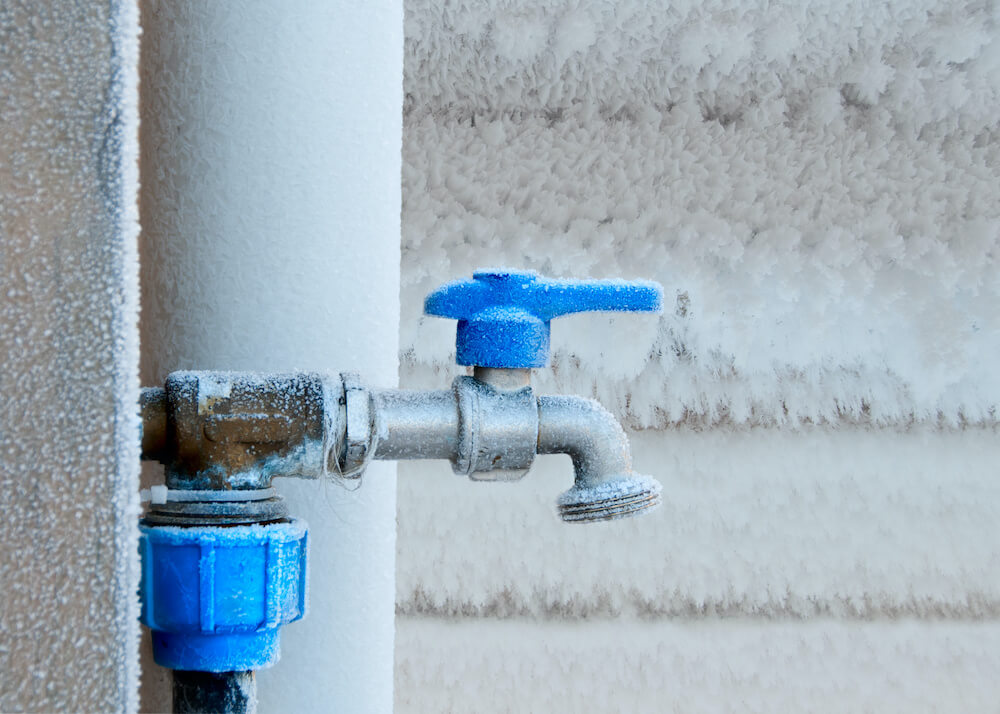Checklist for Preventing Frozen Pipes & Water Damage

With fall and winter quickly approaching, it’s important to remember to prepare for frozen pipes and water damage.
Water damage is one of the most common and most severe insurance claims amongst property owners. In fact, it makes up about 15% of insurance claims each year and can cost companies up to $17,000 in repairs.
Not only are water damages costly, but they can also be extremely disruptive to your property. Typically residents or business owners who experience water damage are displaced from their property on an average of 100 days.
Here’s a checklist for preventing frozen pipes and water damage this winter.
- Seal leaks – First things first, before the winter months even begin, it’s important to seal all leaks around your pipes, vents, and electrical wiring to make sure that excess cold air doesn’t get in.
- Use heating tape – Heat tape is a great way to wrap your interior and exterior pipes.
- Insulate exposed pipes – Exposed pipes are the most vulnerable to freezing. So, when you are preparing for the winter months, it’s a good rule of thumb to insulate all exposed pipes. This might seem like a large upfront cost, but trust us, it will be much less than the cost of a water damage claim.
- Open cabinets regularly – Opening your bathroom and kitchen cabinets during the fall and winter months allows for warm air from your property to get to the pipes.
- Keep the garage door closed – If your home or business has a garage, make sure to keep it closed during the cooler months to prevent cold air from reaching the pipes.
- Let the faucets drip – One of the key ways to keep ice from building up is flowing water. You don’t have to let them run all of the time but a little drip every once in a while is helpful, especially on the faucets that you know may have more exposed pipes than others!
- Adjust inside thermostat – A consistent thermostat is helpful to keeping ice out of your pipes. Additionally, it is important to always keep your thermostat above 55 degrees Ferenheight even if you go out of town.
If a pipe does burst, or if you experience any form of water damage this winter, remember to act fast! First of all, if you notice a frozen pipe, try to thaw it immediately. If it’s already burst, shut the water off immediately. And lastly, as soon as you notice any form of water damage, make sure to call your insurance professional.
Have additional questions about how to avoid water damage this winter? Reach out to our team of insurance experts here.

